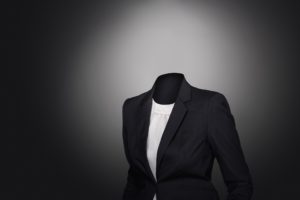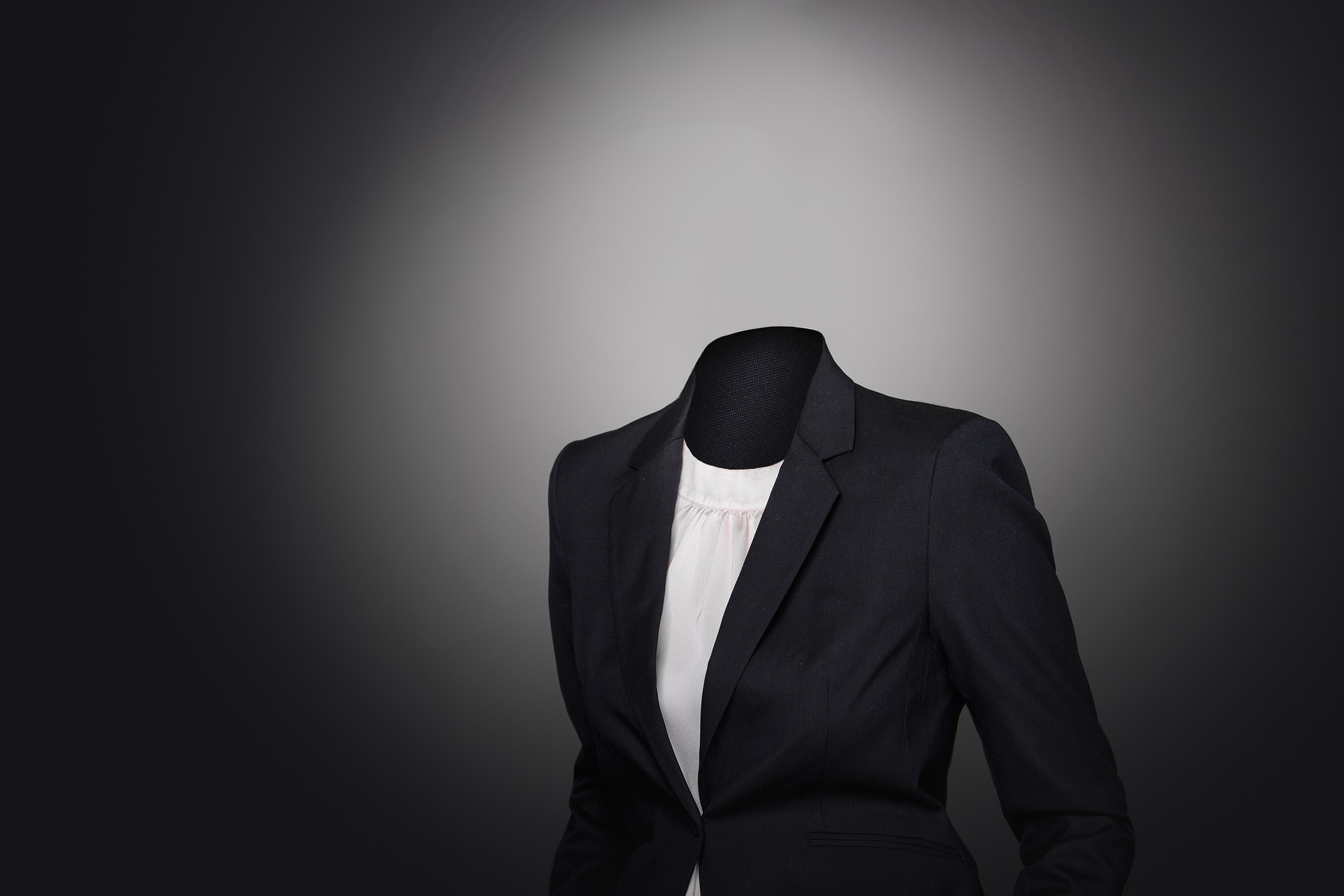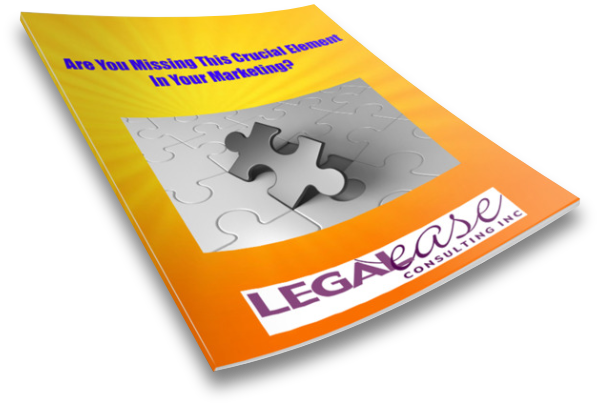
I’ve said it before, but apparently, it bears repeating:
Don’t say anything online that you wouldn’t say in a room full of people.
But perhaps we need to add an addendum, “…even if you think you are making your comments anonymously.”
Case in point: in December 2018, the Supreme Court of Louisiana issued an opinion disbarring an attorney because of anonymous posts he made on the internet.
The lawyer in question had been an Assistant United States Attorney in the Eastern District of Louisiana for 27 years. But despite his experience and seniority, he was disbarred after it was discovered that he made numerous anonymous posts on the website of a New Orleans newspaper between 2007 and 2012.
The posts commented on cases being handled by lawyers in his office at the U.S. Attorney, including cases he himself prosecuted, and in many of those posts, he opined on the guilt or innocence of parties involved.
As lawyers increase their participation on the internet, both on social media and on other sites that allow commentary and discussion, more and more seem to be getting into trouble because they are forgetting that, as lawyers, they have ethical obligations and other restrictions on their behavior and even on their First Amendment rights.
In this case, in addition to the ethical rules, both Department of Justice and U.S. Attorney’s office regulations restricted or forbid attorneys from making statements outside of the courtroom about both criminal and civil proceedings.
When you join the profession, particularly if you take a job representing the government or the people, you voluntarily agree to be held to a higher standard. You take an oath to abide by certain ethical rules and standards that govern your behavior, both online and off, and these standards apply even when you are not in the office or the courtroom. These ethical obligations need to be taken seriously.
In this case, the lawyer admitted that he was the author of the online comments, but claimed that he posted the comments as a means to alleviate stress, and that he did not intend to influence others or the outcome of the cases, nor did he expect that his actions would do so since he posted anonymously and did not identify himself as an AUSA. Accordingly, he did not believe he had violated the Rules of Professional Conduct. However, he later filed a stipulation in which he admitted to violating Rules 3.6 (regarding trial publicity), 3.8 (responsibilities of prosecutors and other government lawyers), and 8.4 (misconduct in attempting to violate the Rules of Professional Conduct or engaging in conduct prejudicial to the administration of justice).
The office of disciplinary conduct claimed that making public posts about pending cases and investigations had a substantial likelihood of prejudicing the proceedings and heightening public condemnation of the accused, in violation of Rules 3.6 and 3.8, and that his actions also violated Rule 1.7.
Rule 1.7 is the conflict of interest rule, specifically where a lawyer’s professional judgment could be adversely affected by the lawyer’s own financial, business, property or personal interests. In this case, it was found that the attorney violated this rule by putting his own needs and interests above those of his client, (the U.S. Attorney’s Office) who had an interest in those cases being investigated and prosecuted without interference or impediments.
The fact that one of the cases the attorney commented on resulted in a mistrial which was granted at least in part due to his comments, that his online commentary had received “significant media attention”, that his actions were found to have negatively impacted New Orleans’ recovery after Hurricane Katrina, and that they caused delay and additional expense in several pending proceedings were further evidence that his online commentary caused actual harm or the potential for harm. Coupled with the extent and number of his postings, the Supreme Court found that these facts justified a more significant sanction than suspension.
Although the disciplinary committee recommended that the attorney be suspended with a one year deferment, the disciplinary board ultimately determined that disbarment was the appropriate penalty because, despite the fact that the attorney did not intend to cause a mistrial, “his conduct with regard to Rule 3.8(f) was intentional, as there is clear evidence that respondent intended to heighten public condemnation of various individuals being investigated or prosecuted by the USAO. As recounted in the formal charges, respondent’s comments speculated on the guilt of various individuals subject to prosecution or investigation and cast these individuals in a very negative light.”
The disciplinary b
The respondent filed an objection to the disciplinary board’s decision, and in its opinion, the Supreme Court of
” In this age of social media, it is important for all attorneys to bear in mind that “[t]he vigorous advocacy we demand of the legal profession is accepted because it takes place under the neutral, dispassionate control of the judicial system.” Gentile v. State Bar of Nevada, 501 U.S. 1030, 1058 (1991). As the Court in Gentile wisely explained, “[a] profession which takes just pride in these traditions may consider them disserved if lawyers use their skills and insight to make untested allegations in the press instead of in the courtroom.” Id. Respondent’s conscious decision to vent his anger by posting caustic, extrajudicial comments about pending cases strikes at the heart of the neutral dispassionate control which is the foundation of our system. Our decision today must send a strong message to
respondent and to all the members of the bar that a lawyer’s ethical obligations are not diminished by the mask of anonymity provided by the Internet. In summary, considering respondent’s position of public trust as a prosecutor, his knowing and intentional decision to post these comments despite his acknowledgment that it was improper to do so, and the serious harm respondent’s conduct has caused both to individual litigants and to the legal profession as a whole, we must conclude he has failed to comply with the high ethical standards we require of lawyers who are granted the privilege to practice law in this state. The only appropriate sanction under these facts is disbarment.”
Although the respondent attorney claimed that his PTSD, diagnosed by a treating psychologist who testified at the disciplinary hearing, should be a mitigating factor in the determination of the discipline to be applied, the court found that his claims did not rise to the level of a mental disability because the psychologist testified that the respondent operated at a high level and knew right from wrong, and the attorney himself testified that he knew he should not be posting extrajudicial comments.
The court’s opinion notes,
“When asked why he engaged in commenting in a prohibited way, respondent candidly admitted that he was angry over public corruption and he vented this anger in the caustic criticism leveled against all who, in his judgment, warranted accountability, even though he knew this was improper. Respondent’s own testimony reveals he was aware that he should not post these comments, yet he decided to do so anyway. Clearly, any mental disability from which respondent suffered did not prevent him from knowing his actions were wrong.”
As a result, the court found that the respondent did not and could not prove that his mental disability (PTSD) caused the misconduct in question.
Bottom line: don’t put your career and your license in jeopardy. If you need to “vent” – which can be perfectly legitimate in a stressful profession such as law – pick another way to do it instead of posting online or in any other public venue. Seek professional help, if necessary.





Easy to check out, easy to read…heck I needed to leave a commment!